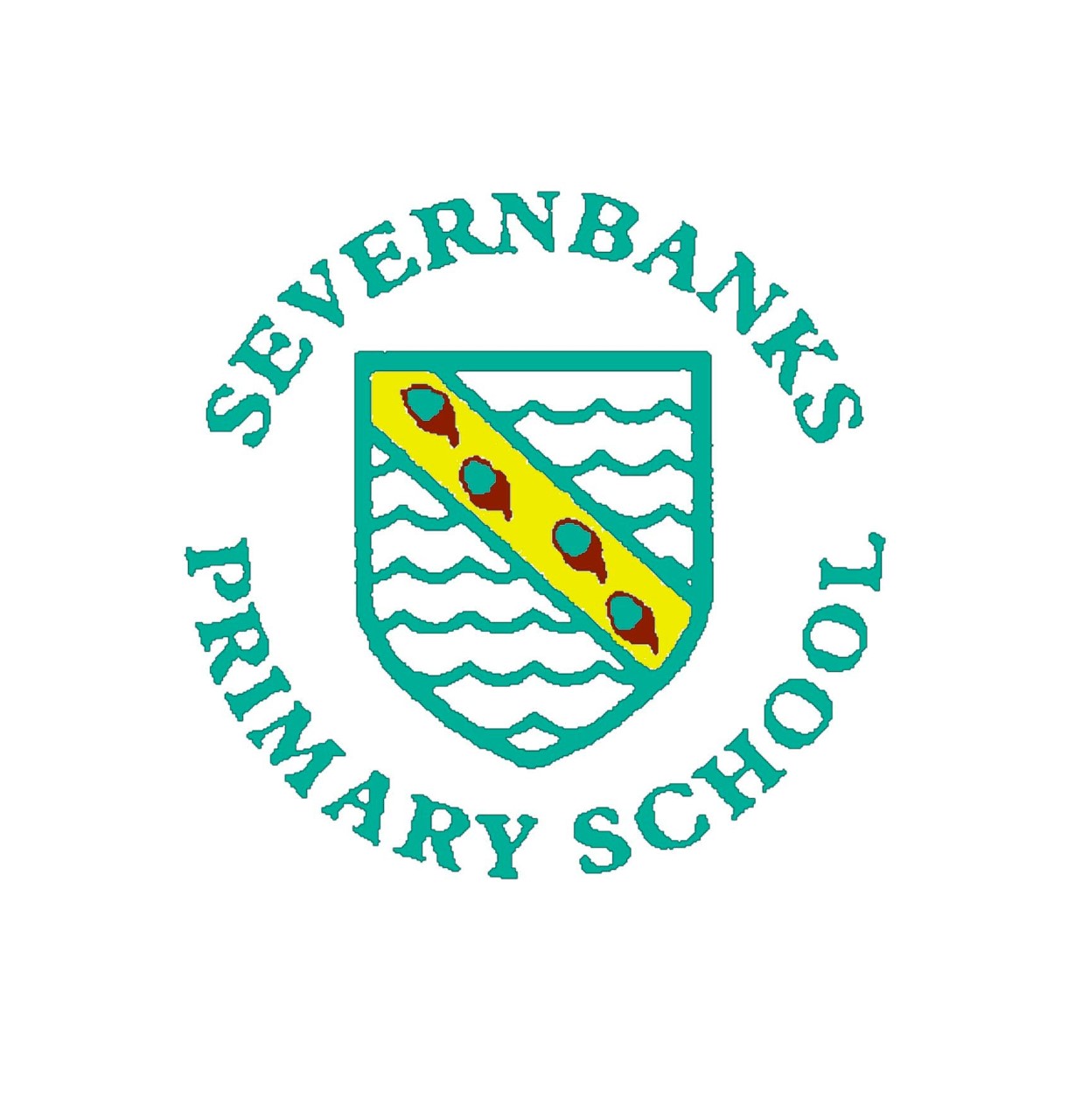EYFS
Teaching and Learning in Early Years at Severnbanks
Welcome to the Early Years Foundation Stage (EYFS) at Severnbanks Primary School. We are delighted to begin this exciting journey with you and your child, working in close partnership to nurture their development, curiosity, and love of learning.
🏫 Our EYFS Unit
To meet the growing needs of our local community, our EYFS space was redesigned and completed in 2018. We offer a purpose-built, free-flow environment that encourages playful learning through a balanced mix of child-initiated, adult-directed, and co-constructed activities.
Our indoor and outdoor spaces are thoughtfully zoned and well-resourced, including:
-
Integral toilets for nursery children
-
Low-level sinks and kitchen areas
-
Access to a fully equipped woodland area for outdoor learning
-
A shoeless learning environment that promotes comfort, independence, and self-care
Children can join our setting from age 3 as a ‘Starlet’, and transition into Reception at age 4, where they are based in our Sycamore Room—a semi-open plan space with free-flow access to the outdoors. Each child is assigned a base classroom and class teacher who plans engaging activities and monitors progress closely.
Children are supported in making independent choices, including selecting appropriate clothing for indoor and outdoor play (e.g. slippers, wellies, coats, or waterproof suits). This fosters self-regulation, confidence, and a sense of responsibility.
📚 Our Early Years Curriculum
Our curriculum is rooted in the Early Years Foundation Stage Framework, which includes seven key areas of learning:
Prime Areas
-
Communication and Language
-
Physical Development
-
Personal, Social and Emotional Development
Specific Areas
-
Literacy
-
Mathematics
-
Understanding the World
-
Expressive Arts and Design
These areas are further broken down into 17 Early Learning Goals (ELGs), which children work towards by the end of their Reception year. Our curriculum is text-led and enriched by children’s own interests, ensuring they are active participants in their learning journey.
🎓 A Balanced Approach to Teaching and Learning
At Severnbanks, we blend a range of teaching approaches to meet the diverse needs of our children. Our environment is built on mutual respect, democratic participation, and our whole-school philosophy of critical, creative, collaborative, and caring thinking.
We offer:
-
Adult-led sessions focused on phonics, maths, and rich texts
-
Child-led exploration in an enabling environment
-
Co-constructed activities where adults and children learn together
-
In-the-moment teaching that captures spontaneous learning opportunities
Our experienced EYFS practitioners understand child development deeply and use their expertise to guide, observe, and extend learning in meaningful ways.
📝 Observation and Assessment
We use Tapestry, a secure online platform, to record observations and build a special record of your child’s development. These observations inform:
-
Discrete teaching sessions
-
In-the-moment learning experiences
-
Co-constructed activity sheets shared with families
-
Next steps for progress and development
📖 Discrete Teaching & Planning
Our curriculum is carefully planned across:
-
Long-term: annual overview of texts and themes
-
Medium-term: learning intentions and objectives
-
Short-term: specific activities and provocations
Children engage in whole-class, group, and individual sessions designed to spark curiosity, deepen thinking, and build essential skills. Staff are developmentally sensitive and skilled in creating sustained, purposeful interactions.
🌿 Our Learning Environment
Children have free-flow access to both indoor and outdoor areas. We encourage full participation in all aspects of our setting, so children should come prepared for active, outdoor play. We provide waterproof suits for messy or wet play and ask families to supply:
-
A waterproof coat
-
A pair of wellington boots
🤝 Family Partnerships
We believe that strong partnerships with families enhance every child’s learning experience. We offer:
-
Weekly homework tasks to support phonics, reading, and writing
-
Opportunities to comment on Tapestry observations and suggest next steps
-
Family Learning Workshops to help parents understand our teaching methods
-
Special events like Bedtime Stories, where children wear pyjamas to school and enjoy a cosy story session with hot cocoa while parents attend a workshop
🌍 EYFS and Cultural Capital
We provide rich, real-life experiences to broaden children’s understanding of the world. These include:
-
Visits from the Police and Fire Service during our “People Who Help Us” enquiry
-
A trip to the Wildfowl and Wetland Trust
-
A performance by a touring theatre company
-
Weekly yoga sessions
-
Planting and growing fruits and vegetables
-
Hatching chicks and observing tadpoles develop
These experiences help build cultural capital and ensure children leave EYFS with a strong foundation for future learning.
